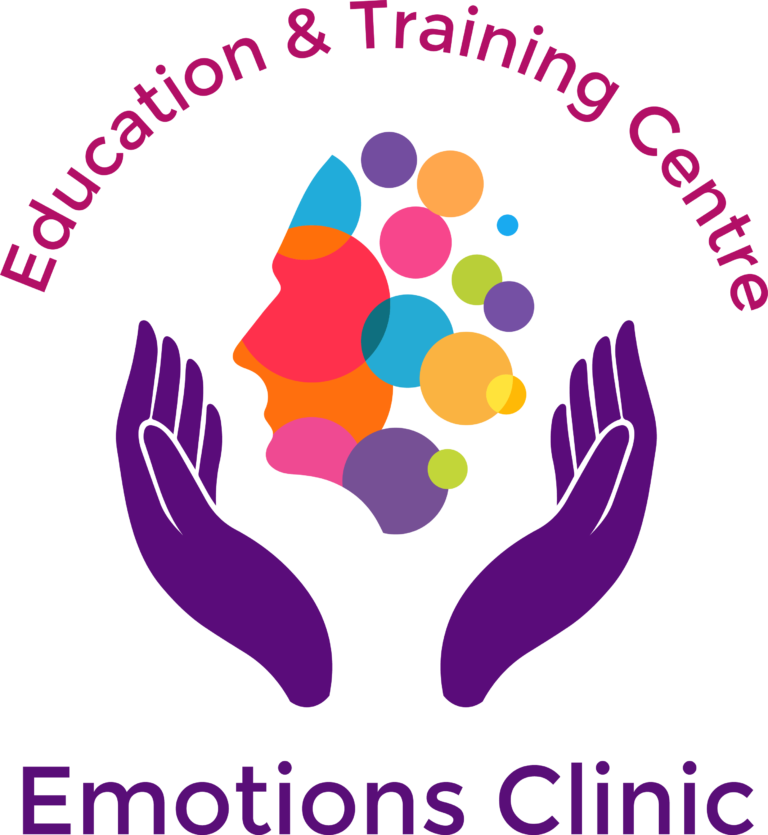Anxiety Disorders
Anxiety is generally a normal and adaptive response to threat that prepares us for fight or flight. It becomes abnormal only when it is excessive or its timing is inappropriate with regard to the threat.
Anxiety and panic disorders are generally an over-learnt responses to difficult situations. Anxiety invariably starts as a normal, justified response to a difficult situation and it serves the purpose of preparing the individual to deal with an emergency situation i.e. fear, fight or flight. However, over a period of time the emotional response gets set into one’s psyche and at times gets detached from its original context. This response then gets conditioned to mundane day to day activities or objects, leading to avoidance of the situation.
Causes of anxiety
- Going through an experience that is perceived as life threatening for oneself or ones loved ones can cause anxiety. This could be: being involved in an accident, child birth, undergoing major surgery or being diagnosed with a major illness. Anxiety in these situations is justified and understandable. However, for some this anxiety response is over learnt and it persists well beyond the natural time span. This can also be described as death anxiety. In the normal course of life we get acclimatised to the idea that one day we will all die and our loved ones will also die. Separation and loss from our loved ones is inevitable. Some individuals cannot come to terms with this human reality and as a result suffer from anxiety.
- Being brought up in a strict and disciplined environment: Children who perceive their parents as harsh or punitive are more likely to suffer from anxiety.
- Having over-protective parents: The message given to the child is that this world is potentially a dangerous place and one has to be on guard all the time.
- Caregivers who expect too much from children in their care can also induce anxiety in them: These standards are then internalised by the child and they come to expect too much from themselves even later on in life.
- Threat of loss or separation from loved ones: Individuals who have experienced separation from their parents or sibs several times in their childhood are more likely to suffer from anxiety.
- Fear of losing control over oneself: Individual who have had very poor control over their inner impulses of either aggressive or sexual nature remain in fear of these impulses.
-
Anxiety can also result from not being able to satisfy one’s basic needs and desires.
Types of anxiety disorders
- Generalised Anxiety Disorders: These are characterised by complaints of continuous feelings of nervousness, trembling, muscular tension, sweating, light-headedness, palpitations, dizziness and epigastric discomfort. Fears that the sufferer or a relative will shortly become ill or have an accident are often expressed, together with a variety of other worries and forebodings. The other symptoms include worries about future misfortune, feeling on edge, tension headaches, restless fidgeting and inability to relax. This is more common in women. In children, a frequent need for reassurance and recurrent somatic complaints may be predominant (ICD 10).
- Panic Disorders: The essential features are recurrent attacks of severe anxiety manifesting in the form of sudden onset of palpitations, chest pain, choking sensation, dizziness and feelings of unreality. The individual may have a fear of dying, losing control, or going mad. Frequent and unpredictable panic attacks produce fear of being alone or going into public places. The individual is generally forced to carry out some action to terminate the attack.
- Phobic Anxiety Disorders: The anxiety in phobic disorders is evoked only or predominantly by certain well-defined situations or objects. Mere contemplation of entry to the phobic situation usually generates anticipatory anxiety. There are three types of phobias – agoraphobia, simple phobia and social phobia.
- Agoraphobia: This is a term used to denote fear of leaving familiar places. The situations that normally cause anxiety to an agoraphobic are crowds, public places, travelling alone etc and the individual tries to avoid these situations. Agoraphobias are more common in women and are associated with depression and obsessional features.
- Social phobias: These often start in adolescence and are centred around a fear of scrutiny by other people in comparatively small groups, as opposed to the crowds, leading to avoidance of social situations. It is commonly associated with low self-esteem and fear of criticism. The individual may present with a complaint of blushing, hand tremor, nausea or urgency of maturation. Social phobia is equally common in men and women.
- Simple phobias: These are restricted to highly specific situations such as proximity to harmless animals, dentistry, the sight of blood or injury and fear of exposure to specific diseases. It usually arises in childhood and can persist for decades if not treated.
-
Obsessive compulsive disorders: obsessions are ideas, images or impulses that enter the individuals mind again and again causing distress as they are perceived by the individual as senseless. The sufferer often tries, unsuccessfully, to resist them. These obsessions can lead to compulsive acts manifesting in the form repeatedly washing hands, cleaning oneself, checking door locks, gas knobs, and counting money several times. This behaviour is recognised by the individual as pointless or ineffectual and repeated attempts are made to resist it. Obsessive compulsive thoughts are commonly associated with depression and equally common in men and women.
- Mixed Anxiety and Depressive disorders: some individuals present with a mixture of both anxiety and depression symptoms.
- Post-traumatic Stress Disorder: arises as a delayed and or protracted response to a stressful event or situation of an exceptionally threatening or catastrophic nature which is likely to cause distress in almost anyone e.g. disaster, combat, serious accident, being victim of torture, terrorism, rape, or other crimes. The typical features include repeated reliving of the trauma in intrusive memories or dreams occurring against the persisting background of a sense of numbness and emotional blunting, detachment from other people and avoidance of situations and activities reminiscent of the trauma.
- Adjustment Disorders: individual experiences anxiety and depressive symptoms that occur in response to normal life stresses. The symptoms arise in the period of adaptation to a significant life change or to the consequences of a stressful life event. The common stresses are separation, bereavement, migration, change of job, house etc. The symptoms subside when the stress period is over.
Types of anxiety
- SUPEREGO ANXIETY: is related to not being able to live up to one’s parents, and eventually one’s own, expectations.
- SEPARATION ANXIETY: is related to being separated from the loved ones or the possibility of separation from them. It is not difficult to understand that children who are separated from their mothers in childhood become anxious. If this happens too often it becomes a habit or a part of nature.
- ID ANXIETY: it relates to a fear of acting inappropriately in a given situation i.e. not having full control over one’s action and giving in to one’s desires.
- CASTRATION ANXIETY: it is not difficult to understand that fear of death, trauma, and illness will cause anxiety in any one. In normal course one gets desensitised to these situations and can come to terms with this existential insecurity. However, some individuals are unable to accept the probability of this happening and end up feeling worse.
Once a person has learnt to become anxious in difficult situations, this reaction gets transferred to every day mundane activities. Quite often death anxiety appears in disguised form as agoraphobia. At times, when the real life situation is too painful for the person to bear, the thoughts related to the situations are obliterated from consciousness and pushed into the unconscious mind. This anxiety can reappear at any stage in the form of panic attacks.
Management of anxiety
- Thoughts: the basic assumption here is that people’s beliefs and their appraisal of events and situations are important in producing stress symptoms. The commonly used techniques used are thinking of the alternative thoughts, thought stopping, reframing, etc.
- Creating an emotion that is antagonistic to anxiety and exposing the individual to the feared situation.
- Physiology: diaphragmatic breathing and progressive muscular relaxation.
- Behaviour: the use of role play and rehearsal in which client practices new behaviours while executing other coping skills either with another person or in their mind. The individual first learns new responses in the relative safety of the therapist’s office which are then applied in stressful or anxiety producing situations. A common technique used is carrying out behavioural experiments. The goal of behavioural experiments is to test beliefs about the nature and probability of feared consequences under conditions that will optimise exposure to and the encoding of disconfirming information. For example before conducting a behavioural experiment the patient makes detailed predictions about what he or she believes will happen under a particular set of circumstances and then conducts the relevant experiments to see what happens.
- Social skills training for social anxiety.
Ready to prioritize your mental health?

Nature Consultancy Limited is regulated by CQC to provide care at Emotions Clinic
Phone : +44(0)1782 768656
Email : ad***@****************co.uk
Quick Links
Information
Head Office Address
1 Lawson Terrace, Knutton Newcastle under Lyme Stoke-on-Trent, ST5 6DS, England
Days Open
Monday - Friday 08 AM - 10 PM

